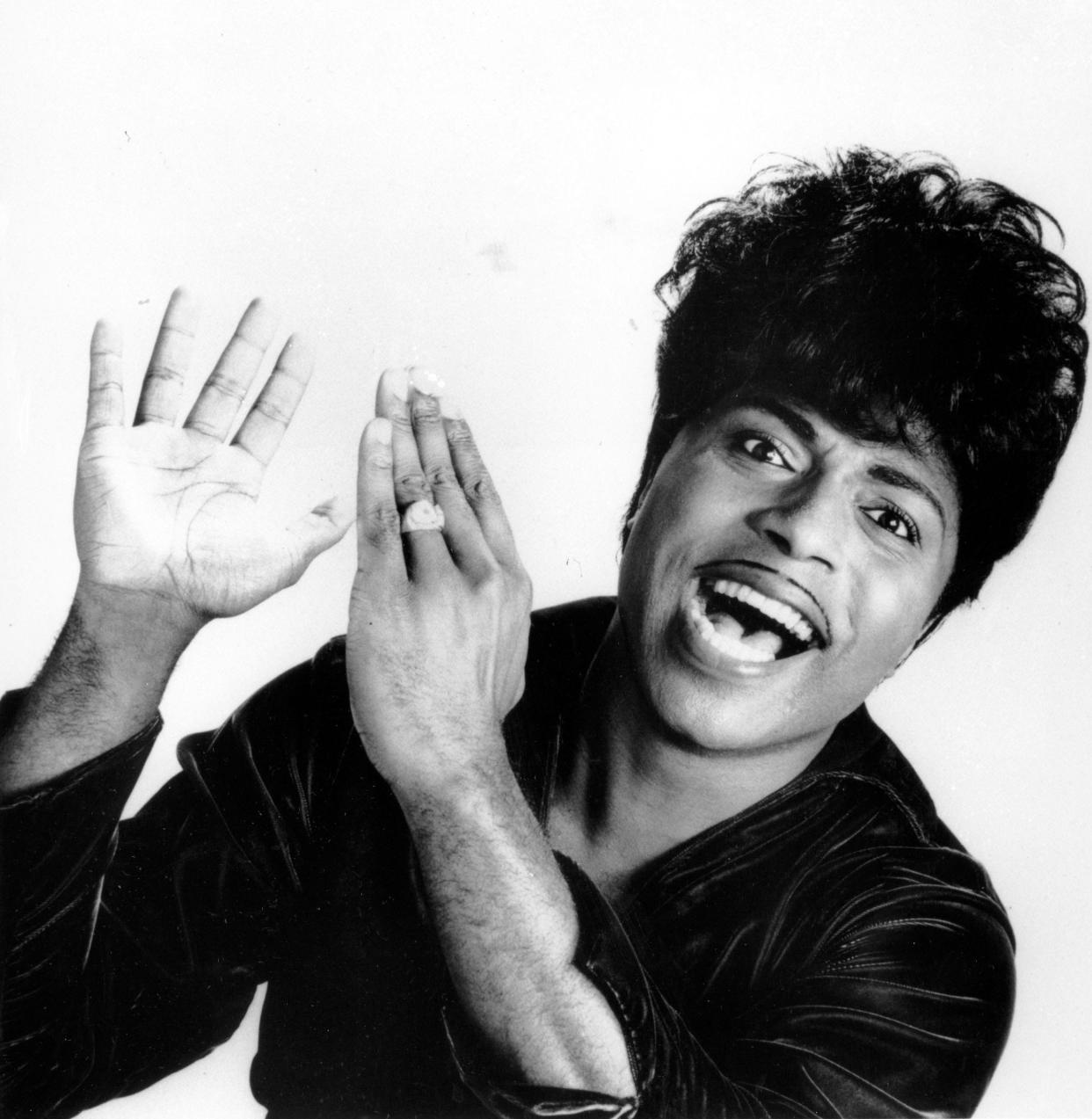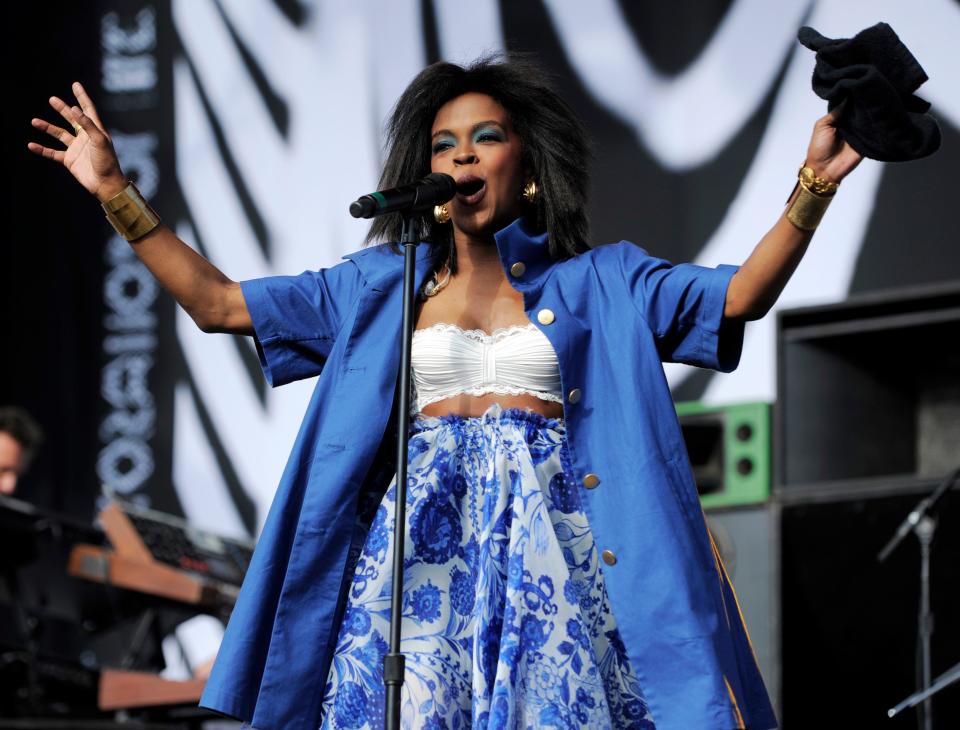Blacks originated much of American music. And the nation needs to right the record.

President Joe Biden's proclamation on June as Black Music Appreciation Month, issued just a few weeks ago, succinctly summarized the richness and strength of our cultural contribution, and its need to be recognized. He also set out an agenda that pushes the nation to accomplish that: "We must rededicate ourselves to rooting out systemic racism from every part of our society, and work together to advance racial justice and equity." But what does rededication entail?
Recorded music is one of America's most remarkable intellectual global contributions, and at its core, American music is Black music. From blues, gospel, jazz, country and rhythm and blues, to house, rock-and-roll and hip-hop, Black artists are the frequent inventors, cornerstone and backbone of musical genres and the recording industry. Despite this objective fact, Black people in the recording industry – artists, producers, songwriters, managers and executives – are more likely to receive less, ask for less, be remembered less and be credited far less than their white counterparts.
The slavery mindset is alive and well in the profession. Black artists have historically been cheated and denied ownership of their masters, voices, copyrights and trademarks, often through bad contracts that took advantage of a lack of financial literacy.
The recording industry has thrived using harmful racial tropes and lopsided contracts to maximize profits, as was the case with legal enslavement and sharecropping. In the wake of George Floyd's murder, the Black Music Action Coalition has powerfully agitated for change across the industry. On Juneteenth weeken, the collective of more than 250 of the industry's most prominent music executives, managers and artists, released a report exposing the systemic racism that has been integral to the music industry and the truth that racial equity is the frontier for a fairer and more inclusive recording industry. The group's efforts further demonstrate that reparations extend beyond money. Reparative justice also entails reclaiming and recognizing lost and stolen Black intellectual property.
George Washington Johnson, the first African American recording artist most known for his multiphonic 1896 tune "The Laughing Song," died in obscurity with little wealth and recognition. By the early 20th century, African Americans had transmuted voice, instrumentation and sound from spirituals into gospel and the blues, and later into jazz. Charles "Buddy" Bolden, considered by many to be the father of jazz, undersold his recordings only for the wax cylinders to be lost and forgotten before his 1931 death. Like Johnson before him, Bolden has in many ways been lost to history, left to Black collective memory, no proper flowers given.

Born a year after Bolden's death, Little Richard would fuse the musical genres into a new invention, rock-and-roll, for which he too would die without receiving full recognition. "I really feel from the bottom of my heart that I am the inventor (of rock-and-roll)," an adamant Little Richard reflected in a 1990 Rolling Stone interview.
Throughout the 1990s, Prince's public campaign to retrieve ownership of his masters from Warner Bros. is reminiscent of the struggle of his predecessors. A determined Prince inscribed the word "slave" on his face until he successfully took back ownership of his intellectual property, emphasizing the ordeal as a product of America's history of enslavement.
Shortly after the conclusion of Prince's battle, Lauryn Hill embarked upon a multidecade fight to retain and reclaim her intellectual ownership of her likeness and sonic autobiographical Grammy-winning masterpiece "The Miseducation of Lauryn Hill."
At the top of 2021, Anita Baker, legendary and recently retired rhythm-and-blues artist, called for fans to boycott streaming her music until executives honored their contractual obligation to transfer her complete ownership of the masters of her award-winning musical catalog.
Slavery's imprint – the racist idea that a Black person's intelligence, invention and creativity should not belong to them – is all over these individual struggles and myriad Black recording artists' struggles to seek ownership of their intellectual property.

To be denied ownership and credit over your intellectual creation and invention is to have your emotional, psychological and financial well-being teetering at a razor's edge. The repair this nation desperately needs and deserves must extend beyond economic reparations and be inclusive of intellectual reparations – the purposeful and public recognition and acknowledgment of the creations, inventions and ideas of formerly enslaved people and their descendants. Intellectual reparations would help dismantle the insidious lie that Black people are not as smart, creative and inventive as everyone else. The United States has an unfulfilled obligation to credit Black people properly for their intellectual property and contributions to the development and wealth of this nation.
The Biden-Harris administration must lead a comprehensive approach hinged on the truth racial healing, and transformation process called for by so many in Congress.
Slavery endures as a deadly mind trick. If the president and Vice President Kamala Harris take these vital reparative steps, Juneteenth would not just mark a past we have survived to overcome, but also a future where racism and the slavery mindset from which it was born are vanquished. In its place, a renewed nation and world would emerge where our shared humanity is the source of our collective power and foundational to our mutual prosperity and creativity.
Marcus Anthony Hunter, a sociology and African American studies professor at UCLA, is the author of several books, including "Radical Reparations” forthcoming with HarperCollins (Amistad).
This article originally appeared on USA TODAY: Blacks originated American music. Nation needs to right the record.

 Yahoo Movies
Yahoo Movies 
